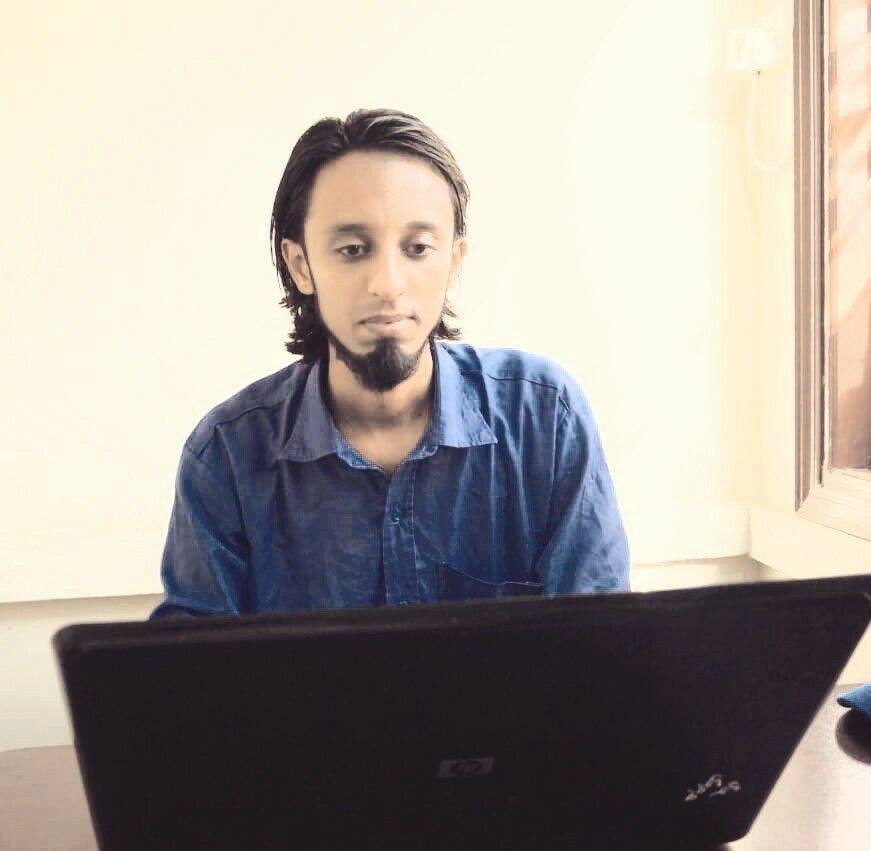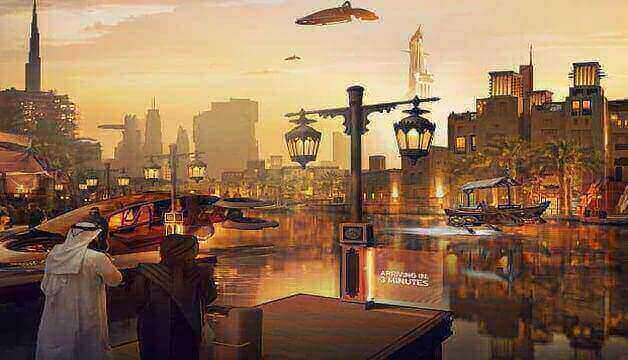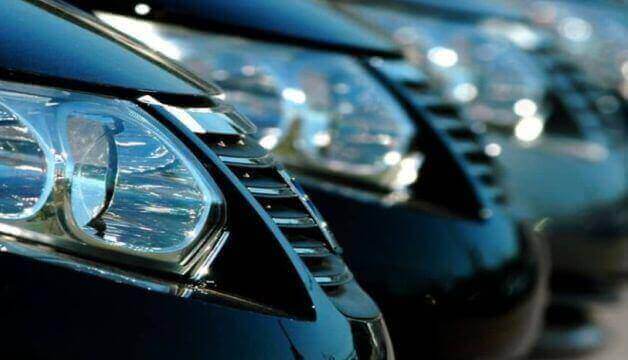Last Updated on: 30th January 2025, 12:42 am
4 Ways Dubai’s Futuristic Transportation Projects Like Air Taxis Are Changing The World
One of the most progressive cities in the world, Dubai has taken the helm to revolutionize the transport sector not only in the United Arab Emirates but worldwide. Most of its public transport projects are supported by the government, showing how serious its leadership is about transforming it into a “futuristic” city with world-class connectivity.
Ever since the United Arab Emirates, including Dubai, discovered oil, their economy has been completely dependent on it. However, aware of the imminent shortage of fossil fuels, the rulers of the United Arab Emirates have made plans to make the United Arab Emirates, especially Dubai, one of the most attractive places on the planet. These plans aim to attract the richest people to the country and reduce or possibly eliminate dependence on oil.
They plan to do this by launching various projects including giant landmarks like Burj Khalifa, global events like Expo 2020, and modes of transportation like Hyperloop, flying taxis, sky pods, and air-conditioned bike and walking trails.
Hyperloop Dubai-Abu Dhabi
The Dubai Roads and Transport Authority (RTA) is currently working on the launch of the world’s first hyperloop, Virgin Hyperloop One, which will connect Dubai and Abu Dhabi. Once the project is complete, the journey between the two emirates will be reduced to just 12 minutes.
Its concept debuted at the 2019 Dubai International Motor Show. This super-fast metro system operates in a near-empty environment with pods that can accommodate multiple passengers. Thanks to the electric drive and magnetic levitation train, it will move at up to 1,123 km/h and consume little energy.
The project will be 100% electric and will also reduce noise pollution in the city. It will have a transport capacity of 10,000 passengers per hour. One would like to see what the outside world looks like at this speed; However, this is not possible because Virgin Hyperloop One does not host windows. Instead they will have an entertainment panel.
It will offer two seating categories, a 5-seater Gold class and a 14-seater Silver class. Its stations are expected to open near the Burj Khalifa in Dubai and the Etihad Towers in Abu Dhabi.
Also Read: UAE Residents Must Apply For A Re-entry Permit After 6 Months Abroad
How Will it Benefit The Public?
The project aims to reduce pollution, traffic and travel time so that citizens can easily go to work. Even in remote areas, people can rent affordable apartments and houses without having to worry about a long journey.
Virgin Hyperloop One is currently under construction. The launch is planned for 2030.
Flying Taxis
The Vice President of the United Arab Emirates, Sheikh Mohammed bin Rashid Al Maktoum, recently approved the design of new air taxi stations in Dubai at the world government summit.
In 3 years (2026) air taxis will debut in Dubai, making it the first city in the world to have a fully developed vertiport network. A vertiport is infrastructure used to house electric vertical takeoff and landing (eVTOL) aircraft such as air taxis.
Air taxis have a range of 241 km and a top speed of 300 km/h. A pilot and four passengers sit in each cabin. Dubai International Airport, Downtown Dubai, Palm Jumeirah and Dubai Marina are connected by the Vertiport network.
To plan and build the air taxi network by 2026, Dubai Highways and Transport Authority (RTA) partnered with Skyports Infrastructure and Joby Aviation. The aim of the initiative is to offer passengers a smooth and emission-free journey from start to finish.
The RTA also presented a simulation at the conference where attendees experienced flying taxis. The aircraft’s ability to take off and land vertically results in a fast response time.
How Will it Benefit The Public?
Dubai’s autonomous aerial vehicles, also known as flying taxis, have the potential to reduce congestion, improve air quality, expand mobility and enable faster and more efficient transportation.
In addition, the initiative is expected to increase employment rates and benefit the local economy.
Heavenly Pods
These futuristic sky pods are also being developed by RTA Dubai to meet the increasing demand for modern transportation systems. The overall network is dubbed the Dubai Sky Pod Transit System and aims to make 25% of Dubai’s public transport driverless by 2030.
A UK based company, Beem Car, submitted the tender for this mega project. The high-speed cable modules will float in the air and run through the Dubai Metro with 21 stations.
It will carry around 8,400 passengers per hour in each direction at speeds of up to 150 km/h. Dubai, a forward-thinking city, plans to reduce transportation costs by 44% with Sky Pods, equivalent to a whopping AED 900 million per year.
In addition to providing a low-cost structure, the project will reduce pollution by 12%, saving AED 1.5 million per year.
In terms of seating capacity, each module has 4 forward-facing seats arranged in 2 rows. The rear seats are positioned slightly higher to offer passengers an attractive view of the journey.
The Sky Pods will cover an area of 50 km. The network will connect Business Bay to Al Wasl and cover all major locations including Marasi Drive, Bay Avenue, Burj Khalifa, Sheikh Zayed Road, City Walk and Coca-Cola Arena.
How Will it Benefit The Public?
The Sky Pods transport network planned for Dubai will rise above the city’s streets and transport passengers quickly and efficiently. It will also reduce traffic congestion, improve air quality and provide a whole new mode of transportation that is environmentally safe and economically viable.
Climate-Controlled Cycling and Walking Track
With its stunning architecture and popular attractions, Dubai is also planning to build a 93km climate-controlled route for cyclists and pedestrians. The project, called “The Loop,” aims to promote healthy transportation and mitigate climate change as temperatures in the Middle East are projected to exceed bearable levels by 2050.
By connecting more than 3 million people and providing easy access to all major destinations within a 20-minute walk, Dubai aims to achieve a green economy and reduce the need for public transport and cars.
In a climate-controlled environment, The Loop hopes to facilitate cycling and walking, which can be difficult with temperatures hovering around 50ºC in the UAE summer. This is a sustainable initiative that uses 100% renewable energy and recycled water for irrigation.
Dubai leadership intends to encourage residents to use bicycles and walking as their primary mode of transportation by 2040. They also hope to establish high-yield farms elsewhere, find suitable land, and create the necessary infrastructure to meet the real estate needs.
How Will it Benefit The Public?
The loop will provide a safe, sustainable and enjoyable route for cycling and walking, connecting key locations in the city. It will promote a healthier lifestyle, reduce traffic congestion and carbon emissions while offering the opportunity to enjoy Dubai’s famous sights and attractions.

Researcher, Blogger, Content Writer, Online Marketing Expert, Aptitude Test & Admissions Expert, Career Counselor.
PEC REGISTERED. ENGINEER. (NED University of Engineering & Technology)
CEO / Founder (The Educationist Hub)



